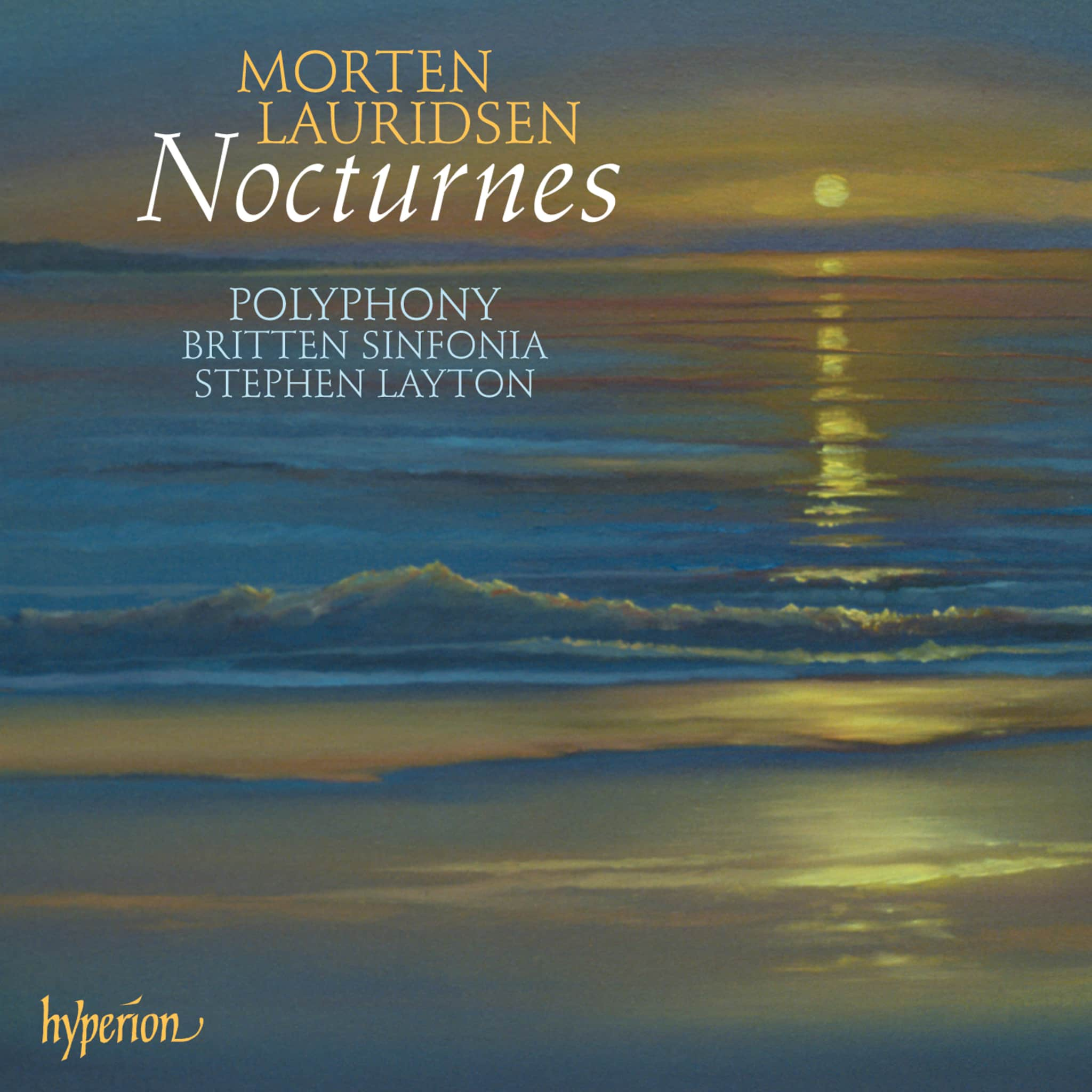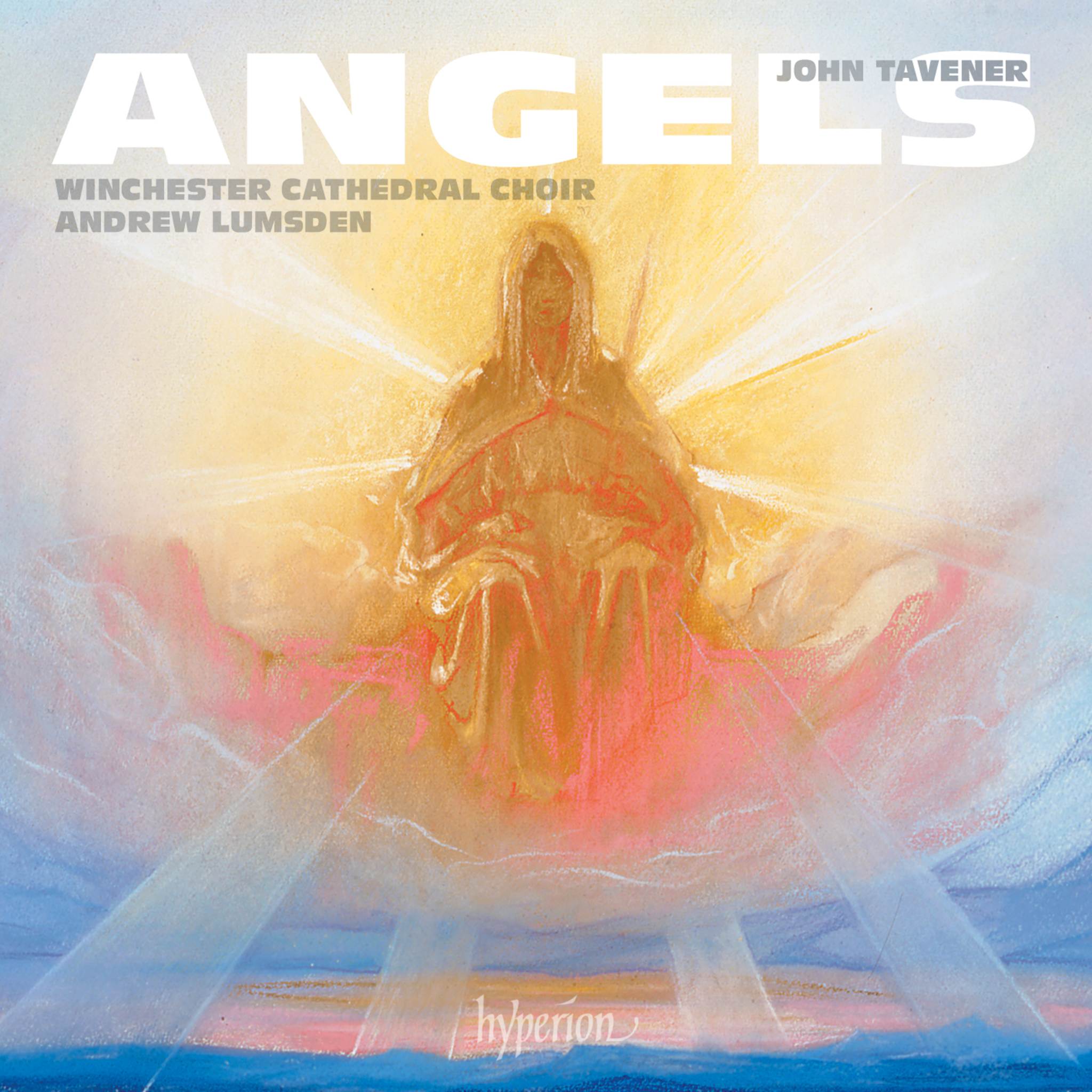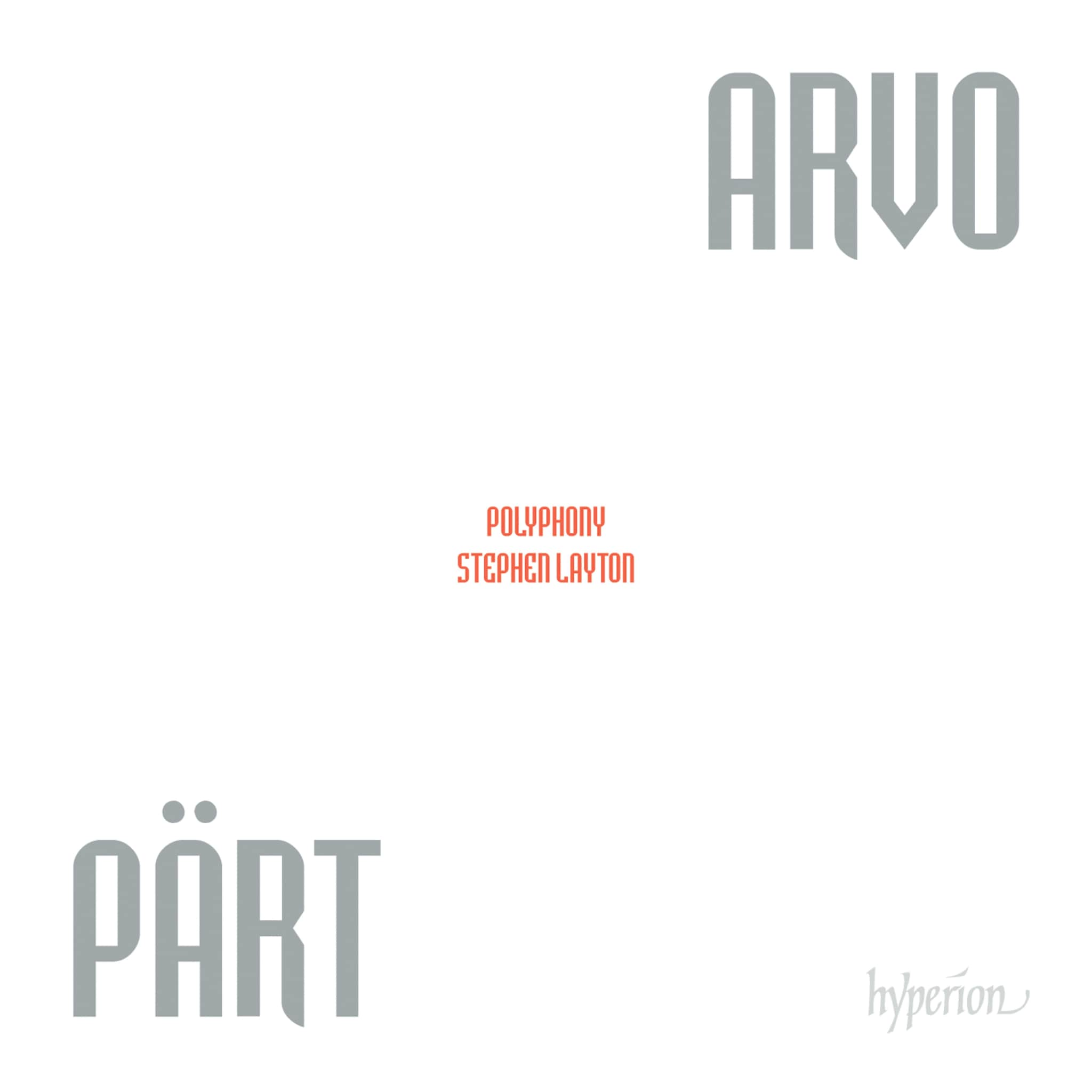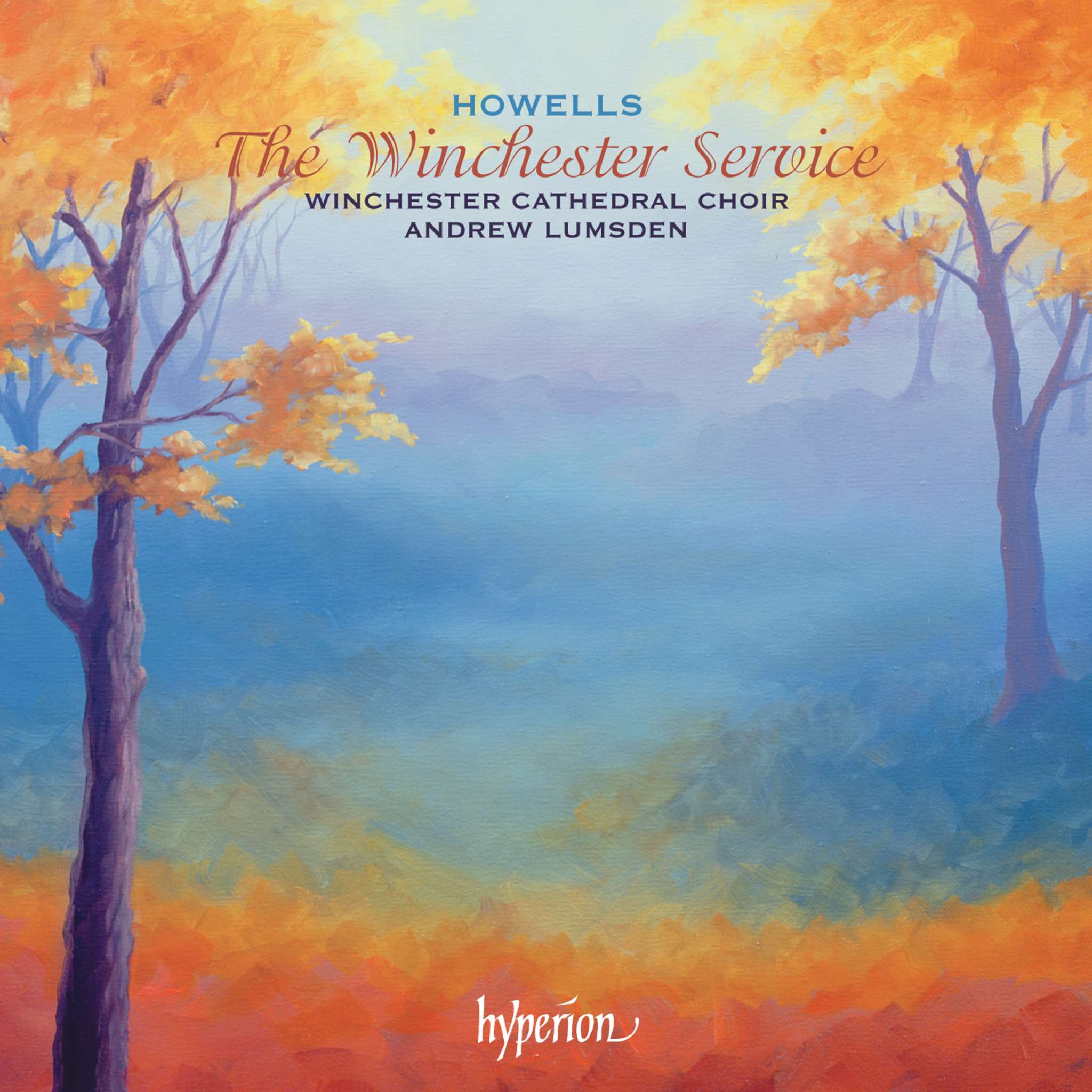Album insights
Gustav Holst, hailing from a Latvian-Russian family, was shaped by Gloucestershire's landscape during the 1880s and 1890s. Initially known as "von Holst," he delved into music from a young age and later honed his orchestral skills through practical experience with various orchestras. His monumental work, "The Planets," crafted between 1914 and 1916, embraced influences of contemporary European composers, ushering in a new era in English orchestral music. Holst's composition was marked by its expansive orchestration featuring a rich array of instruments.
His father, a tutor in music, instilled in him a diverse skill set before Holst ventured into formal music education at the Royal College of Music. His journey as a composer evolved through various positions, from teaching at St. Paul’s Girls’ School to the development of "The Planets." The orchestral landscape in England shifted significantly in the pre-World War I era due to innovations by composers like Debussy, Ravel, and Stravinsky. Holst, inspired by these shifts, fused unique elements into his magnum opus, captivating audiences with the suite's thematic richness.
Throughout the creative process of "The Planets," Holst methodically crafted each movement over several years, illustrating different facets of human life symbolic of planetary influences. His intricate orchestration, nuanced by astrological concepts, wove together a musical tapestry that transcended conventional themes. Despite limited appreciation for astrology, Holst's dedication to composing orchestral masterpieces was steadfast.
The suite concludes with "Neptune," combining ethereal vocal textures with delicate instrumentation to evoke a sense of mysticism and infinity. Holst's approach highlighted the multifaceted nature of his work, emphasizing both introspection and grandeur. Additionally, the subsequent addition of "Pluto" to the suite by composer Colin Matthews paid tribute to Holst's legacy, seamlessly integrating a contemporary twist while respecting the suite's cosmic origins.












